AFJN Executive Director’s opening remarks at the National Forum on Land Grabbing in Accra, Ghana
- AFJN
- 29 August 2016
There is an epidemic that grips Africa, says Father Aniedi Okure

There is an epidemic that grips Africa, says Father Aniedi Okure
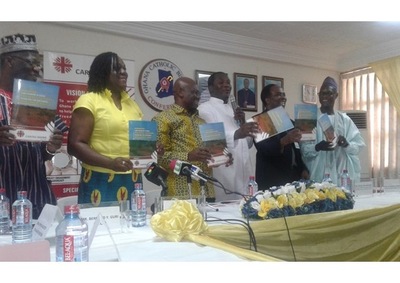
The report titled, Unmasking land grabbing in Ghana: restoring livelihoods; paving way for the Sustainable Development Goals (SDGs), narrates how land grabbing is affecting rural livelihoods and threatening food security the country in the long run.
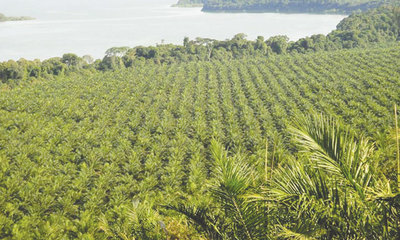
Bidco is not pleased by the protestors who turned up last week in London to highlight the company’s palm oil operations, specifically in neighbouring Uganda.

East African protesters have taken to the streets of London to demonstrate against banks that do business with Bidco Africa, highlighting the connection between global financial institutions, The Prince of Wales and widespread deforestation in Africa.
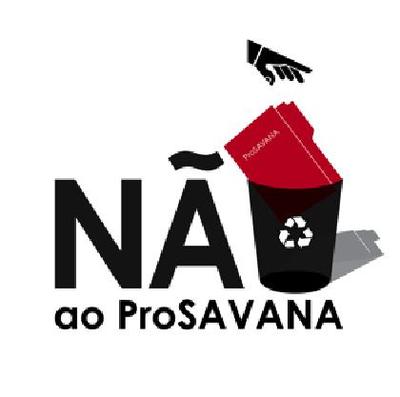
The ProSAVANA program intentionally weakens and creates division among peasants while there is an increased risk of even more peasants losing their land.

A Chinese firm, Wuhan Longfecund Agricultural Development Company Ltd., has concluded plans to set up a feed mill and maize farm in Cross River State, Nigeria.
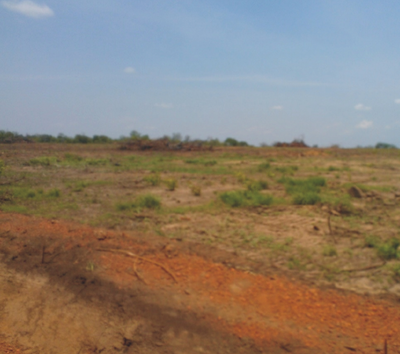
The National Catholic Secretariat in collaboration with Caritas Ghana and the Centre for Indigenous Knowledge and Development has launched a joint report on ‘land grabbing’ in Ghana.
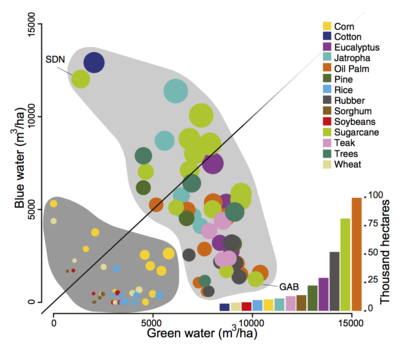
In the last decade, more than 22 million ha of land have been contracted to large-scale land acquisitions in Africa, leading to increased pressures, competition, and conflicts over freshwater resources.
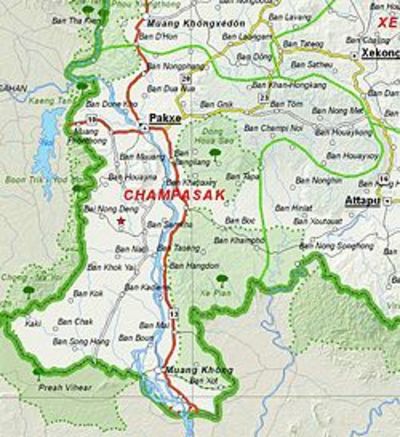
Provincial administration office in Champassak, Laos gave the go ahead for a US$9 million project by Korean company G Farm for planting cashew nut trees and processing plant. Agriculture and Forestry Department plans to promote the growing of 10,000 hectares of nuts in the province.
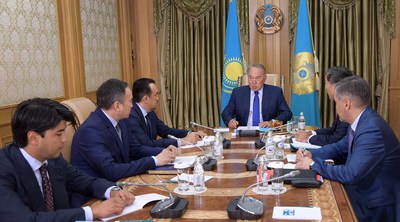
Kazakhstan decided Aug. 18 to extend for five years a recently imposed moratorium on the implementation of controversial amendments to its land law.
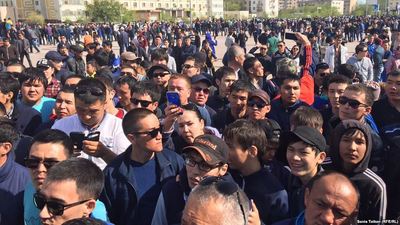
The earliest land protests took place in 2003 when Kazakhstan entered into an agreement with China to rent 7,000 hectares of land – a deal that would have employed 3,000 Chinese workers.
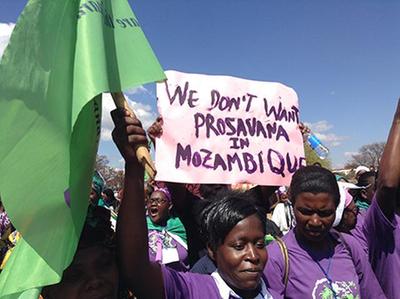
This paper aims to(re)discover what ProSAVANA was and turned to be though a collective reading of primary documents